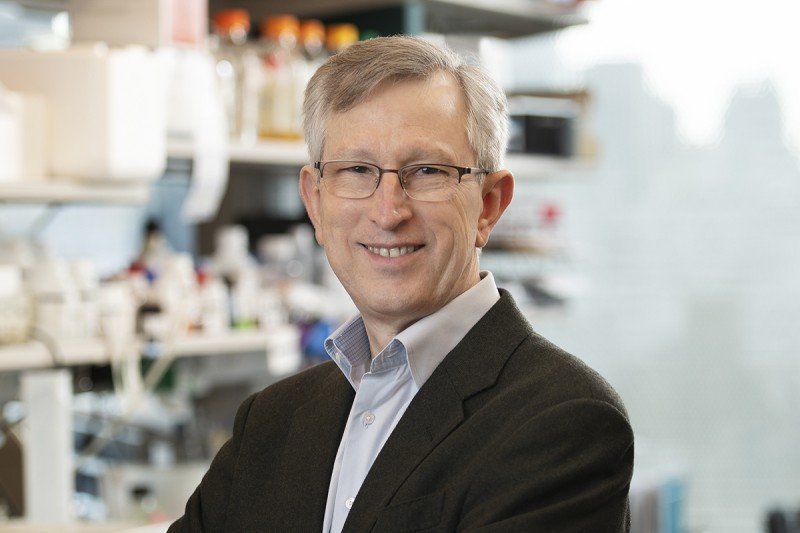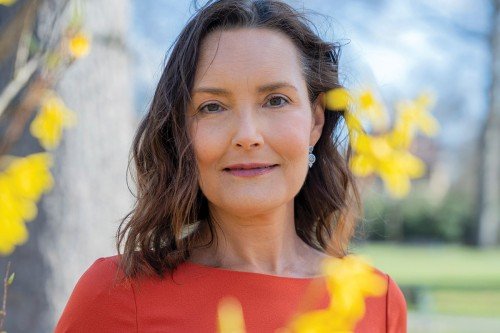
Joan Massagué, Marie-Josée and Henry R. Kravis Foundation Chair and Director of the Sloan Kettering Institute
Dear MSK Community,
We are poised at a pivotal moment in cancer research.
For the past few decades, researchers have focused on identifying gene mutations associated with cancer and have developed highly effective drugs to target them. This revolutionary approach, called precision oncology, has saved countless lives. Yet too many people still die from cancer, and we now know that addressing genetics alone cannot save most of them.
Up to 90% of the 600,000 Americans who will die from cancer this year will die from metastasis, when cells from a primary tumor spread to other parts of the body. Precision oncology cannot cure metastatic cancer because, to our knowledge, there are no gene mutations that specifically drive metastasis.
The next treatment revolution will come from understanding cancer as a systemic, rather than a predominantly genetic, disease — one that begins in a single location but relies on conditions throughout the body to spread. Just as invasive plants or fish can only thrive in a nurturing habitat, cancer too requires the right conditions to flourish in the body’s complex ecosystem. Immunotherapy, developed at Memorial Sloan Kettering Cancer Center (MSK), already provides an example of how to leverage a component of the patient’s body, the T lymphocytes, to attack cancer.
This issue of MSK News will report on the mission of the new Marie-Josée and Henry R. Kravis Cancer Ecosystems Project, an ambitious program to investigate cancer beyond genetics. This $100 million initiative will explore how tumors interact with the nervous, endocrine, and immune systems; the gut microbiome; and lifestyle factors like stress and obesity.
The research supported by the Kravis Cancer Ecosystems Project is categorized as “basic science” — meaning it seeks to answer fundamental biological questions rather than test therapies in patients. Basic science is anything but simple or ordinary. It unravels how living systems work. This knowledge leads to better ways to predict, prevent, diagnose, and treat disease. Every breakthrough in cancer therapy started out years — even decades — earlier in the bustling lab of a scientist who was curious about an unexplained phenomenon. With a hunch and a hypothesis, basic researchers follow the science wherever it leads. The end results can be spectacular. Without someone asking why our bodies are able to fight off sickness, we would not today have cancer immunotherapy.
Our commitment to basic science distinguishes MSK from all other cancer hospitals conducting research. The investigators at the Sloan Kettering Institute are like artists and inventors, engaged in a fundamentally creative process that doesn’t always progress in a straight line.
This generous gift will give our scientists the freedom they need to take risks and test bold ideas. Their achievements are sure to benefit people with cancer around the world.
Sincerely,
Joan Massagué
Marie-Josée and Henry R. Kravis
Foundation Chair
Director, Sloan Kettering Institute

